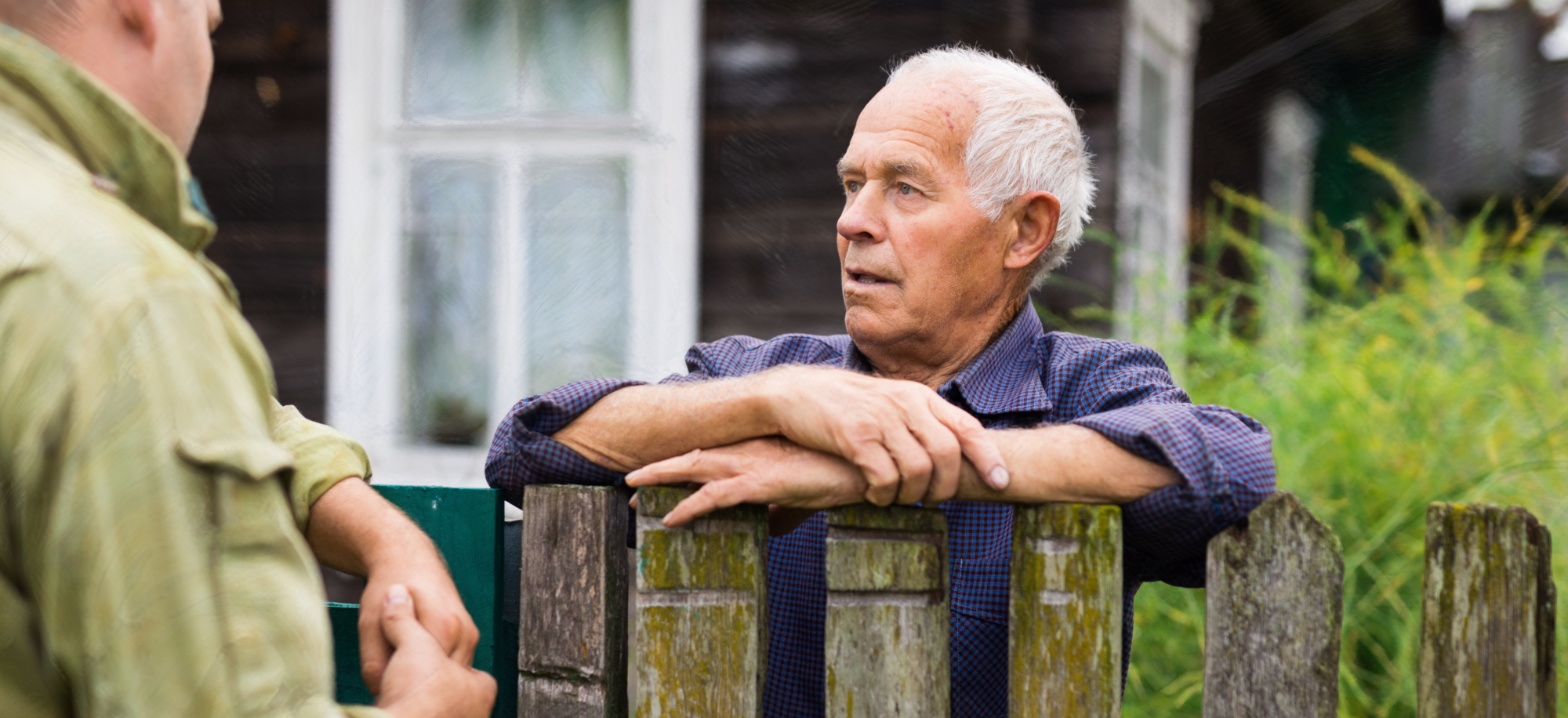The possessions left behind by my husband after he died were a blessing and a curse. They were a blessing because they reminded me of him. They were a curse … because they reminded me of him.
I could walk into my bedroom and see his clothes hanging there and it comforted me. The sense that his life still lingered in the house like residual vapor. His presence could be seen and felt. And while it comforted me, it also tormented me. Tormented me because it was an ever-present reminder that he was gone and would never come to use those things again.
In the excruciating absence of a loved one, the heart demands a soothing substitute for the gaping hole they left. It cries out for attachment to what has been severed. It craves a gradual adjustment to help soften the blow. Like trying to capture a vapor left behind, our heart desperately tries to clutch the things that connect us to our loved ones.
Getting rid of our loved one’s things is a complicated process stirring many emotions – often competing emotions that play tug-of-war on our heart and mind. It brings a sense of finality. It creates a tangible sense of moving forward… without them. Getting rid of their things can feel like you’re eliminating their presence from your world — burying their memory — stripping the evidence of their life from being seen and experienced. It can almost feel like betrayal. This is why at the beginning, we often fight against it. And that is why, it is so important not to rush it.
Sometimes people watch us grievers and wonder why we still have their things sitting around. They might think we’re living in denial. Or we’re setting ourselves up to never move forward. Or we are simply causing ourselves more pain by seeing it all.
Parting with their stuff isn’t just ridding us of the visual reminders of our loss. It feels like getting rid of parts of who they were. Proof of their life. The personal items connect us to them even after they are gone. My husband’s personal items were all heartstring connections to him, to his memory, to his essence, to his personality, his tastes, and his being. They were not so easy to sever.
It takes time for our hearts to adjust and be okay without them.
If you’re ready to part with some items —for the step forward, it’s healthy. If you are pushed into this step it’s painful, like trying to walk on a broken foot that isn’t yet strong enough to bear weight. “You need to move forward,” can make you feel like you must hurry the process. “You will always have your memories,” some may say, dismissing the power of real-life, sensory objects.
Sometimes it’s comforting to have more than memories. Sometimes I want things I can touch, feel, taste, and smell — the tangible evidence they existed. Sometimes I want the remainders of their presence. Sometimes I want visual, palpable objects that show me the life I had, the love I had, and the person I had, was more than the dream they’re fading into.
Knowing what to do with your loved one’s personal possessions is a long hard process. For me, it wasn’t a one-time decision. It was a multiple event, a little-at-a-time, ongoing decision. Lasting for years. I don’t think I could have stripped away all of his things at one time.
There is no right time frame. Only you know what their things do for you. It may comfort you. It may make you feel connected to their memory to have their things left where they left them. It may only hurt. You may want to remove them to give you a sense of freedom from the oppressive sadness it all reminds you of. Neither is right or wrong.
If you’re struggling with this step, understand it doesn’t have to be one step. It can be a little at a time to keep the change from being overwhelming. Start with the small things you won’t notice. A few pairs of socks. One shirt. One book. One thing every week. Baby steps. Or maybe buy a special trunk to keep the special things in. Then the items won’t be blaring their message of loss, but you can still have the comfort of knowing it’s all nearby, safe and sound, able to be experienced at your choosing.
When the time is right, the emotions won’t magically disappear, but you should have a sense of it being a healthy step in the right direction. A direction toward accepting tomorrow. A direction toward adjustment. A direction toward not being desperate for the past but letting the past be part of who you are today.




